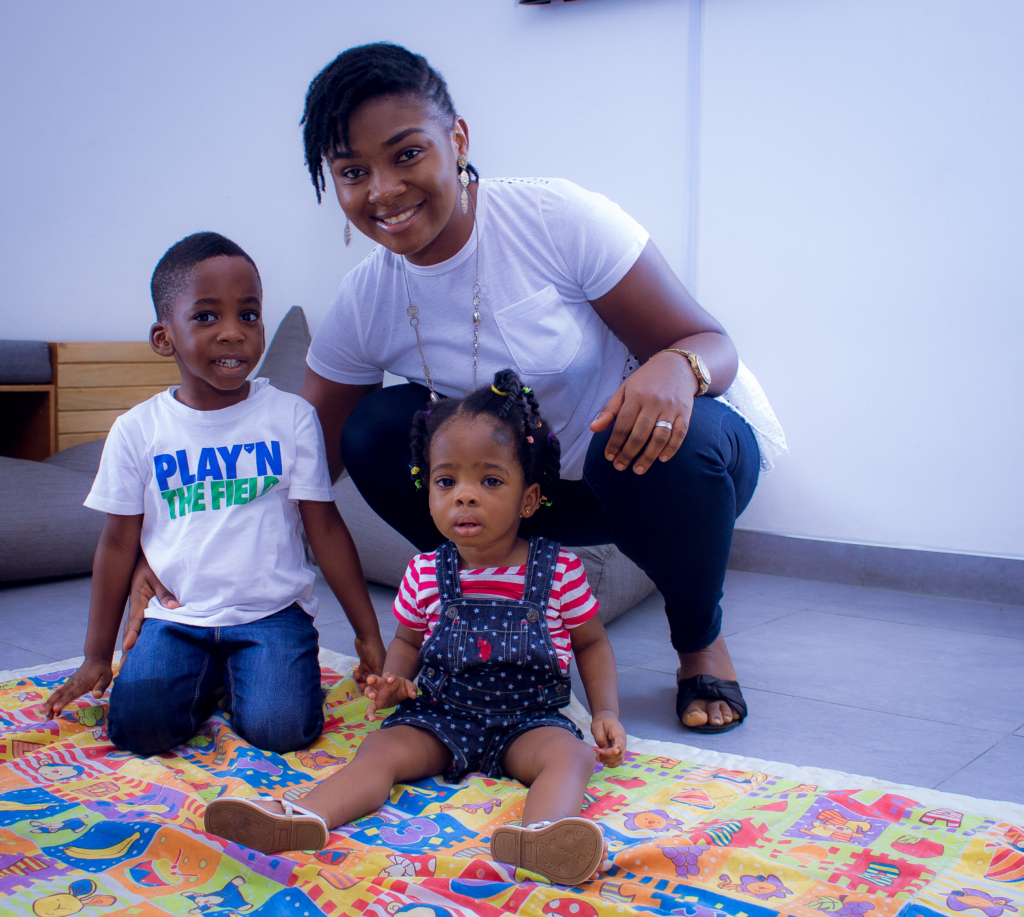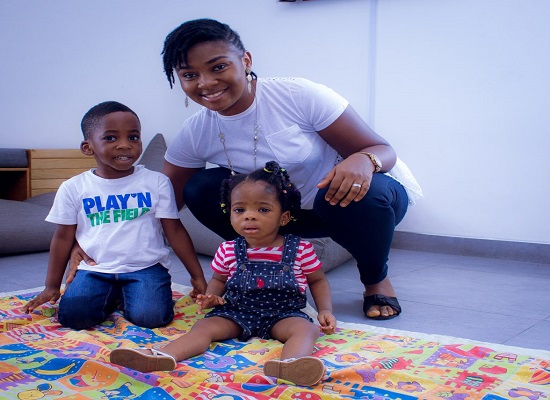
7 life-saving parenting tips during this Coronavirus period is what you will learn this article. It takes a lot for parents and caregivers to keep it together this period. Therefore, if you are seeking a way to navigate this new normal, so you and your family can emerge stronger after this pandemic ends, the following parenting tips will surely help:
Stay positive
Anyone with kids or experience of working with children will agree that it is difficult to feel or keep it positive when they are on the verge of driving us crazy. We often end up saying “Stop it! Don’t make a mess! Finish your food!”
You can’t go to work. Schools closed. You’re probably worried about money; plus you have a pile of laundry, tasks to complete because you need to keep that job, a house that somehow constantly needs cleaning, a toddler and maybe two adolescents who keep coming to you to report the most insignificant things; it is normal to feel stressed and overwhelmed.
Children, however, and quite frankly, humans, in general, are much more likely to respect our opinions and ‘behave’ if we make positive requests. Rather than hurl instructions at them, the trick is to not criticize their ‘misbehaviors’ and focus on the good instead. Always, always highlight and give a compliment for what they do right. Praising your kid for something they have done well will reassure them that you pay attention and care, and they may not show it, but you’ll see them doing that good thing again.
Also, make use of positive words when telling your child what to do; like “Please tidy up the dining table” instead of “clean up that mess!”.
Shouting will just make you and them more vexed. Get their attention by calling their name and speak to them in a calm voice.
Bond with your child
Take a cue from “staying positive” and focus on the positive aspect of the covid19 pandemic. For instance, the school shutdown is a fantastic opportunity to make better relationships with our children and. Bonding with your child is important and fun. It makes children feel secure and closer to us and reminds them that they are loved.
It can be for just 20 minutes, or longer – it’s up to your schedule. Preferably, make it the same time each day so they can predict it and look forward to it.
Ask your child/ children what they would like to do. Pediatricians think choosing will help build their self-confidence. If they want to do something that isn’t OK with physical distancing, then calmly educate them on why it’s not safe they do that this period. Replace it with other age-appropriate, fun and safe stuff.
Here’s how to bond with your baby & toddler
Mimic their facial expression and sounds.
Mimic characters or replay scenes from their favourite cartoons
Play with them using their toys
Sing songs, make music with pots and spoons.
Tell a story, read a book or share pictures.
How to bond with preteens
Read a book or look at pictures.
Dance or sing songs!
Do age-appropriate chores together – make cleaning and cooking fun.
How to bond with your teenagers
Talk about something they like: sports, music, celebrities, friends.
Go for a walk – outdoors or around the home.
Workout together.
Take a break from TV and phones. Listen to them, get to know them. Give them your full attention. Have fun!
You’ll need another daily routine chart
COVID-19 has taken away our daily work, home, and school routines. This is hard for children, young adults, and for you. Putting up new structures, a flexible but consistent daily routine will help.
Make a schedule for you and your children that has time for structured activities as well as free time. This can help children feel more secure and better behaved, and generally, maintain the sanity in your home
Teenagers can help plan the routine for the day – like making a school timetable, TV and siesta time. It will be easier for your kids to follow if they help make it.
Part of this daily routine may include some coronavirus awareness time.
Help them stay connected
In a time like this, it will be beneficial to help those kids stay connected to the rest of the world. Be it visiting their preferred kids’ websites, binge-watching their favourite TV shows, it is important that the world around them seemingly remains sane.
If you think about it, you might agree that it is very hard for a child to keep quiet in a place for a whole day. But maybe they can keep calm for 30 minutes while you are getting some work finished if they are on their tablets or iPads. They stay connected to the world, you get some work done, everyone’s happy.
Teens especially need to be able to communicate with their friends. Help your teen connect through social media and other safe distancing ways. Also, this is something you can do together as part of a fun time!
You should check out Anita Okoye’s interview for more insight
Dealing with stubborn behavior
Acting out is normal when children are tired, hungry, afraid, or learning independence. And they can drive us crazy when stuck at home.
The WHO recommends three steps for dealing with bad behaviour.
The first recommendation works better if you are able to detect it on time. If you are this lucky, they suggest you distract and redirect your kids’ attention from bad to good behavior.
Stop it before it starts! When they start to get restless, you can distract with something interesting or fun: “who wants to learn how to make ice cream!”
The second suggestion is to take a pause
Feel like screaming? Give yourself a 10-second pause. Breathe in and out slowly five times. Then try to respond in a calmer way.
The third piece of advice is to feature consequences.
Consequences will help your children become responsible for what they do. It also permits discipline that is controlled and is more effective than hitting or shouting. Try to stay calm when giving the consequence.
Make sure you can follow through with the consequence. For example, taking away a teenager’s phone for a week is hard to enforce. Taking it away for one hour is more realistic.
Once the consequence is over, give your child an opportunity to do something good, and praise them for it.
Give your children and teens simple jobs with responsibilities. Just make sure it is something they are able to do. And praise them when they do it!
Overall, one-on-One time, praise for being good, and consistent routines will reduce bad behaviour.
Manage your stress levels
Keep in mind, that you are a model for your child’s behaviour. If you practice keeping safe distances and hygiene yourself, and calmly manage stress, your children will most likely adopt these virtues.
This is indeed is a stressful time. Take proper care of yourself by practicing self-care so you can support your children.
Take a break when you need to. Make a list of healthy activities that you like to do and engage in some of them from time to time.
Taking a pause can also be helpful when you find your child is being needy/clingy or has done something wrong. It gives you a chance to remain calm, in control, and ooze positivity. You can also take a pause with your children; it’s good for everyone!
The COVID-19 talk- be open and honest.
Be willing to talk. Be willing to answer lots of questions. Use the opportunity to reexplain simple safety steps. Tell your child this disease spreads between people who are in close contact with one another, when an infected person coughs or sneezes, or when one touches infected objects or surfaces.
Dispel rumors and inaccurate information. Provide alternatives. Engage your child in games or other exciting activities instead.
Be safe!




